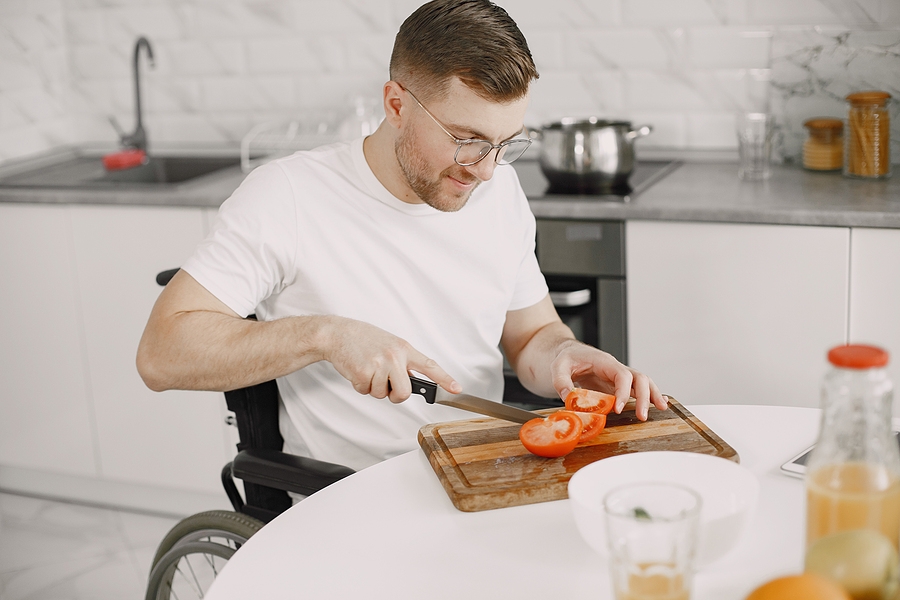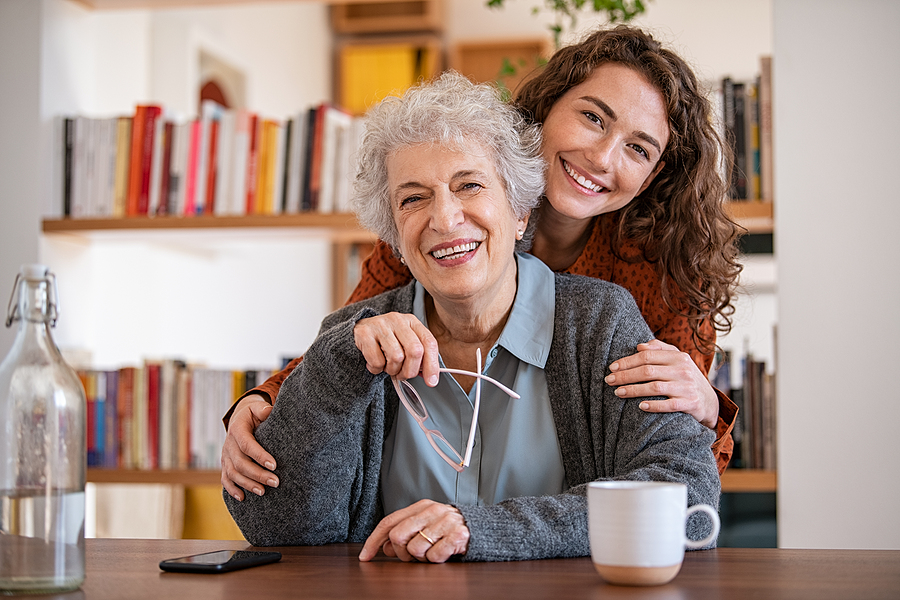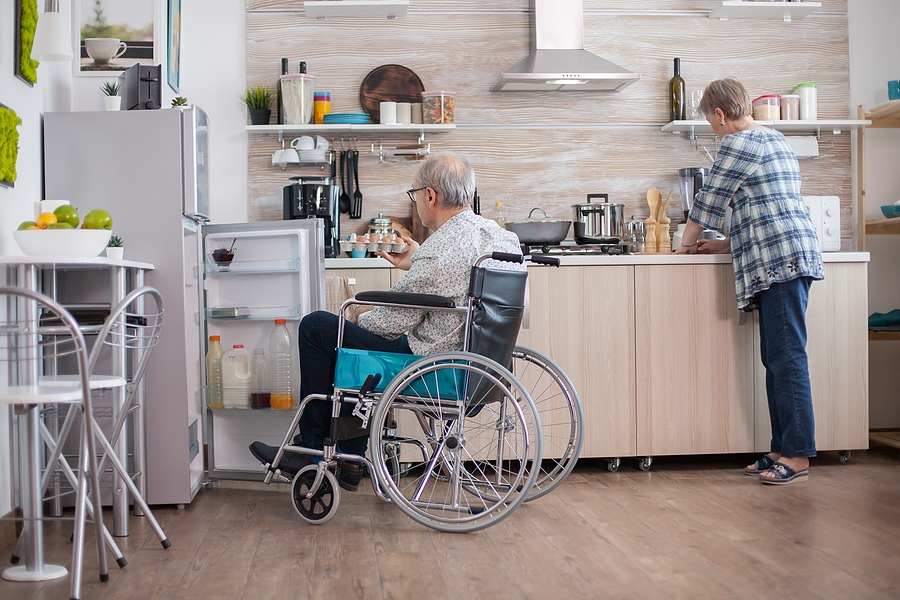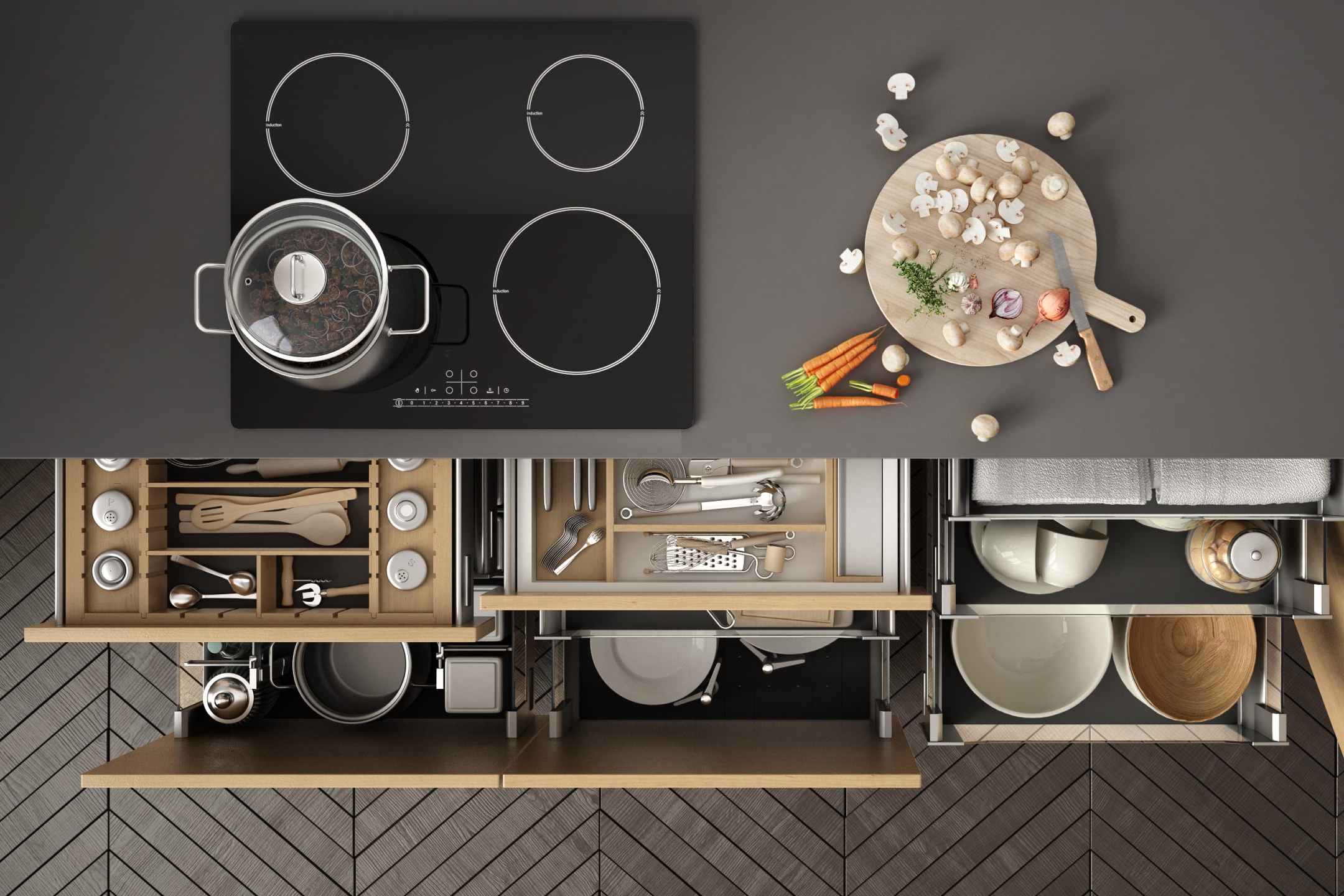If you or a loved one is disabled, it may be hard to access some parts of your home. Unfortunately, most homes and apartments are not designed or constructed with disabled people in mind. This often leaves the responsibility of adapting home spaces to make sure they’re usable by all ages and ability levels.
Disability is different for everyone. So some people may find some tasks harder than others. To make sure that your home is accessible for the disabled loved one in your life (or yourself), take the time to talk to them (or self-reflect). What tasks are hard or impractical? What tasks are possible, but could be made easier? Use this information to upgrade certain areas in your home so they’re accessible to everyone.
Replace Stairs With Ramps When Possible
When and if possible, you should replace any stairs you have with ramps. This is especially important if you’re aiming for a wheelchair-friendly home. Ramps can be expensive, but there are many different options for upgrades. If you’re going to be living in an apartment, you may want to opt for a single-level, first-floor apartment to make it easiest to access. Choosing a single-level home will also help to prevent future headaches.
If you’re renting your apartment or home, you may be able to rent out a unit that is already wheelchair-friendly, meaning there are no stairs leading up to the front door. These accessible homes aren’t available in all apartment complexes, but some may be able to accommodate you or your loved one.
Remove Bathing Barriers and Install Seats
Bathtubs can be difficult to maneuver for people who are disabled or have issues with the use of lower limbs. Stepping over the ledge can be dangerous, so it’s best to remove bathing barriers when you can. Many bathroom renovation companies can change a bathtub into a stand-up shower with a gate and seating options. Easy-access showers are a must-have for people with lower-body or mobility disabilities.
Switch Out Doorknobs for Handles
For people who have arthritis or other disabilities that affect their hands, wrists, or arms, doorknobs are a no-go. Handles are much easier for people with these types of disabilities, as it prevents them from having to grip something small and twist it at the same time. Thankfully, handles are easy and affordable to replace, so this one shouldn’t be a problem at all.
Use Handrails on Staircases
If you live in a home with staircases, make sure they have handrails. Handrails are great not only for people with disabilities but pretty much everyone. They help to ensure that staircases are safe and easy to use. By installing handrails, your disabled or elderly loved one will feel much safer ascending and descending the stairs.
Ensure Adequate Lighting
If you’re going to make any changes to your home, adequate lighting is one of the most important. With poor lighting, all challenges will be even more challenging. A staircase without a handrail will seem more dangerous, and debris or obstacles in the hallway or on the floor may cause significant damage.
Make sure that your home is well lit and that the light switches are within reach and easy to access. Using wide switches instead of narrow ones can help make them easier to turn on and off.
Reduce Obstacles
Making sure that your home is clean and clear is also very important if you’re disabled or if you live with someone who is. Preventing slips, trips, and falls is easy, as long as you keep rooms clear from debris and clutter. If you have kids, make sure to clean up toys frequently to prevent your living room from turning into an obstacle course.
Make Cabinets Easier to Access
The kitchen may seem like the most daunting area of the house for people with disabilities (or the elderly). Cabinets that are too high can’t be reached (especially by wheelchair users), and heavy items will be much harder to move. To ensure that your kitchen (and other parts of your home) are easy to access, try out Art of Drawers’ custom accessibility, organization, and storage solutions. We offer pull-down cabinets, drawer inserts, pull-out cabinets, and more that make home life more joyful.
Not only will our solutions make your kitchen more organized, but you’ll actually be able to access your things more easily, whether you’re disabled or not.
Art of Drawers Offers Options for Increasing Home Accessibility
It’s important to remember that disabilities affect everyone differently, and there isn’t a one size fits all solution to accessibility. Talk to your disabled loved one, or check in with yourself to determine what might need changing around the house.
The great thing about Art of Drawers is that we offer custom storage solutions, meaning that we can design something to fit your specific needs and goals. For more information or to schedule a free design session with our team, contact us online or call us at 770-800-8410.







Share This
Share this post with your friends!